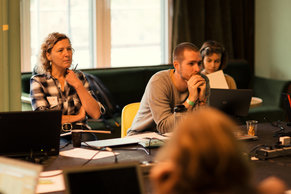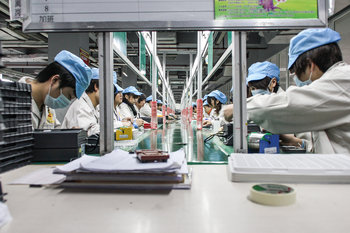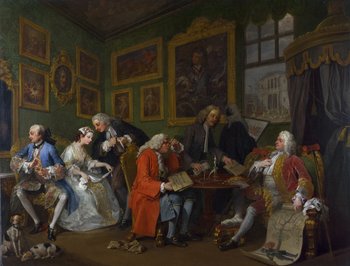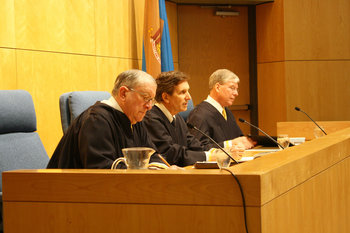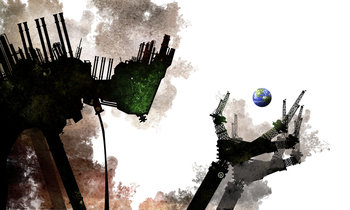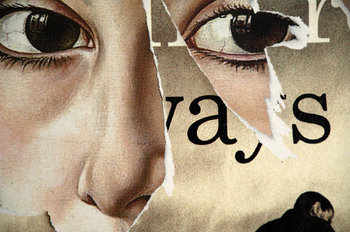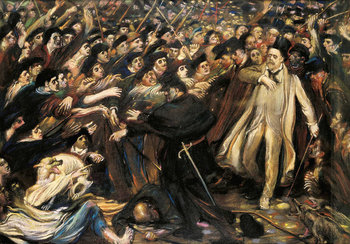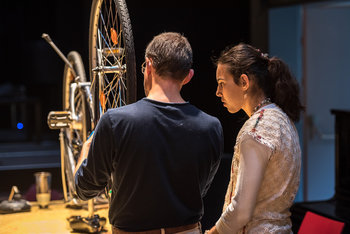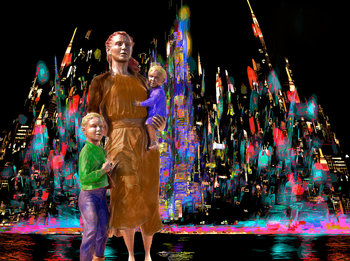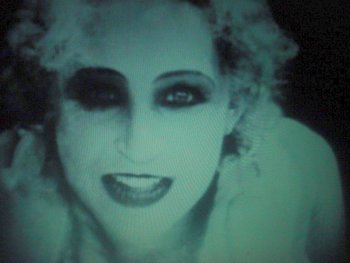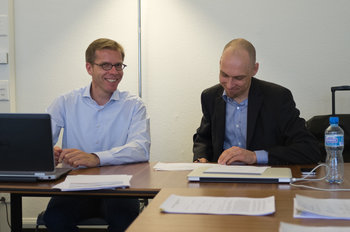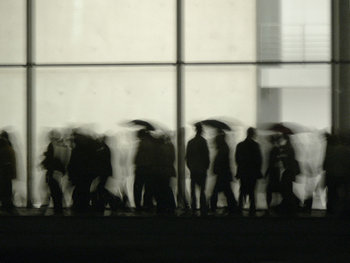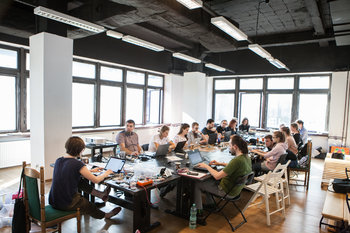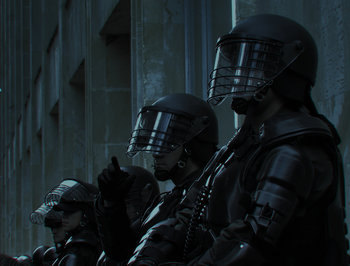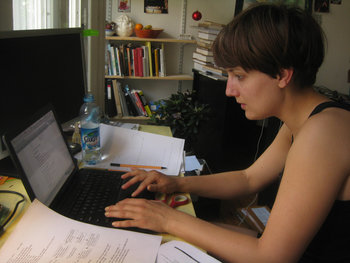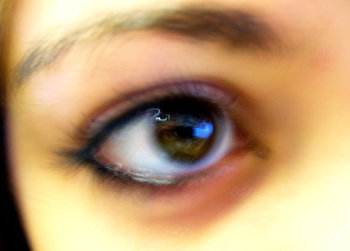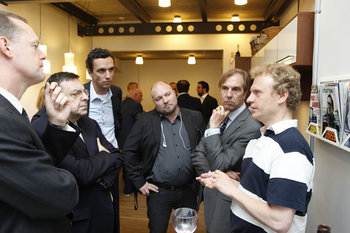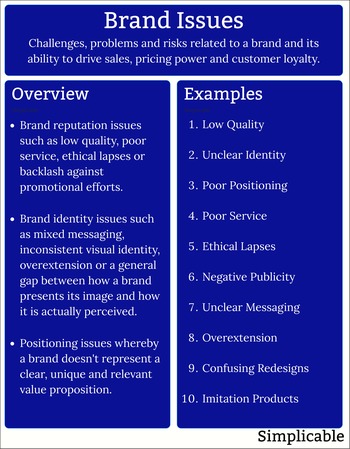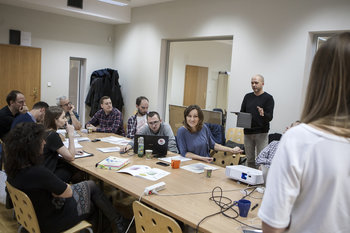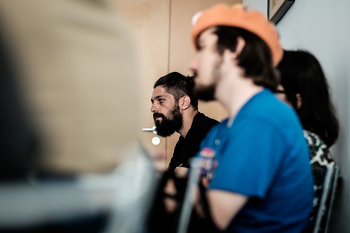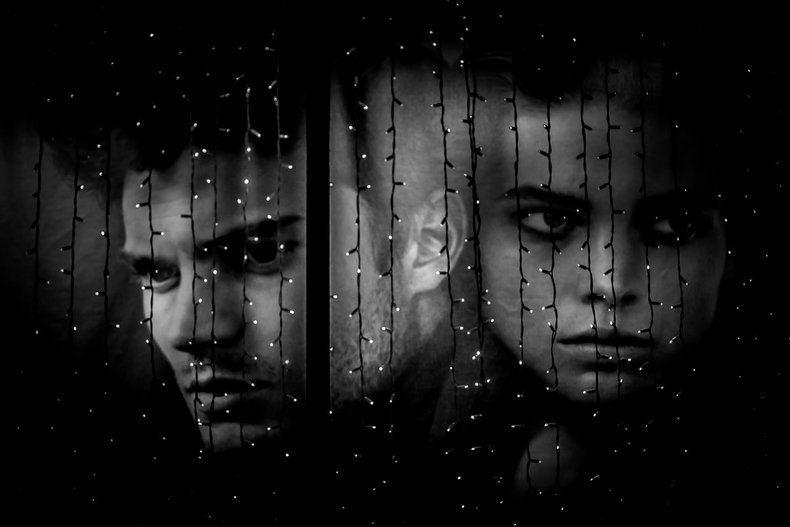
Separation of Powers
One common solution to who watches the watchers is the separation of powers. It is common for governments to be structured to have multiple independent branches that serve to balance power. Likewise, companies are often structured such that no one individual has too much power. A CEO is watched by a board of directors and other structures such as financial auditors.Checks and Balances
Checks and balances is a system whereby every leader, department, team and individual contributor in an organization has limited power and is watched by a transparent and open system of governance. For example, an independent governance body may allow members of the public to lodge a complaint against a government department.Security & Secrecy
Security organizations commonly claim exemptions to checks & balances based on the idea that security requires secrecy to be effective. In some cases, they claim the right to hide entire programs, technology and operations from the public or the government itself. The watchers rarely want to be watched.| Overview: Who Watches The Watchers | ||
Type | Governence | |
Definition | The idea that political and security power structures require transparency and oversight. | |
Origin | Often attributed to the latin "Quis custodiet ipsos custodes?" literally "Who will guard the guards themselves?" that first appears in a 2nd century satire by Juvenal. However, this was a comedy about a man who is trying to ensure the fidelity of his wife by posting guards at her door. The first reference to the concept of who watches the watchers is Plato's Republic, although he doesn't use the phrase itself. | |
Related Concepts | Corporate GovernanceInformation SecuritySeparation of PowersChecks and Balances | |

